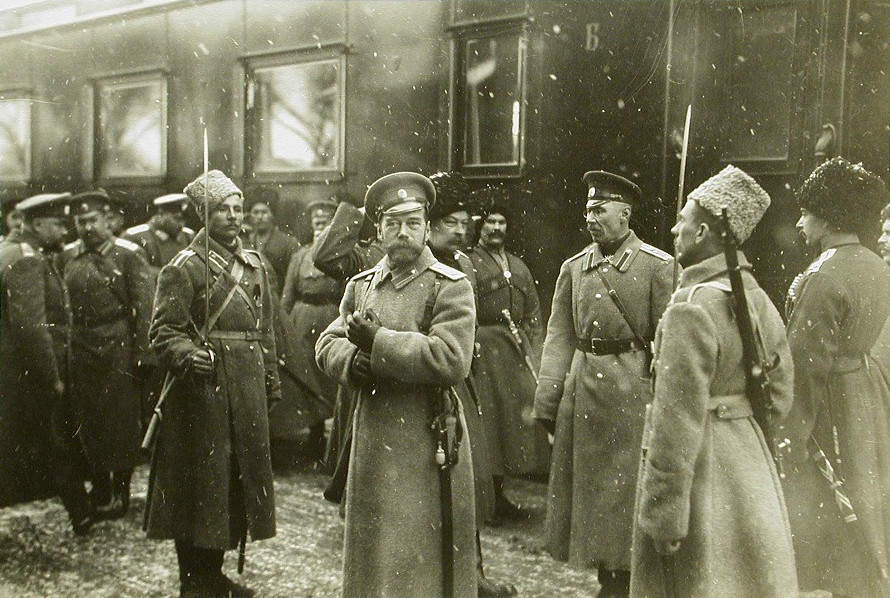Reconciliation Without Repentance Is Nothing More Than the Basis for an Ideology

Particularly in these days, as we remember 100 years since the dissolution of the monarchy, “we need to think about what it was that brought us to October – that is to Russia’s real murderous and destructive catastrophe,” said Fr. Georgy. Just as both 1905 and February 1917 were serious, preparatory steps which it is impossible to ignore, so it is impossible to circumnavigate the disavowal of the Emperor. In February-March, no one knew how it would all end, and this shortsightedness proved fatal for too many people in society, in the church – for people from all different walks of life,” he said.
Fr. Georgy also noted people’s “unpreparedness to stand against evil: in all that was new people wanted to see good, but in the old, they saw evil. But this was a great falsehood: when the “new” crushed everything that was “old”, a difference which did not favour the “new” became plain – nor did this difference justify the “new”.
Speaking about how to pull out of this state of affairs, Fr. Georgy emphasized that “it is impossible to return to the past. History doesn’t welcome that sort of approach – we have to move forward.”
“The first thing that anyone must do – especially someone in the church, who is far from indifferent about what is happening in our country – is to call evil for what it is, and bring repentance into it, irrespective of whether you were directly involved in the evil or just an inheritor of its terrible consequences. Perhaps you suffer from these consequences yourself, are afraid of them, don’t know how to escape, are confused or oppressed? Or perhaps, on the contrary, you believe that you can run away from them? Whatever the case, all these things are the consequences of evil, which means we all need to repent,” Fr. Georgy said, calling all to repentance. “And only then, when we’ve made that start, will it be possible to say what comes next,” he added.
Speaking about why reconciliation alone is not enough, Fr. Georgy emphasized that in fact reconciliation is impossible without repentance. “Reconciliation is a wonderful thing when there is also repentance. If there is repentance, and we call evil by name, then everything is truly put into its place – not ideologically, but justly before God and man. Then the reconciliation is also good. But before this [repentance] happens, reconciliation remains but the basis for an ideology, and in this state does nothing more than justify evil by refusing to call it by name,” concluded the SFI Rector.
In this, the hundred-year anniversary of the Revolution in Russia, there is a popular movement “Calling our Nation to Repentance”, which is an initiative of the Transfiguration Brotherhood. As part of this movement, a reflective concert entitled “February 1917” was held in Moscow on the 15th of March. Other events are due to take place across the year, the next of which is a reflective concert in St. Petersburg on the 4th of April.
